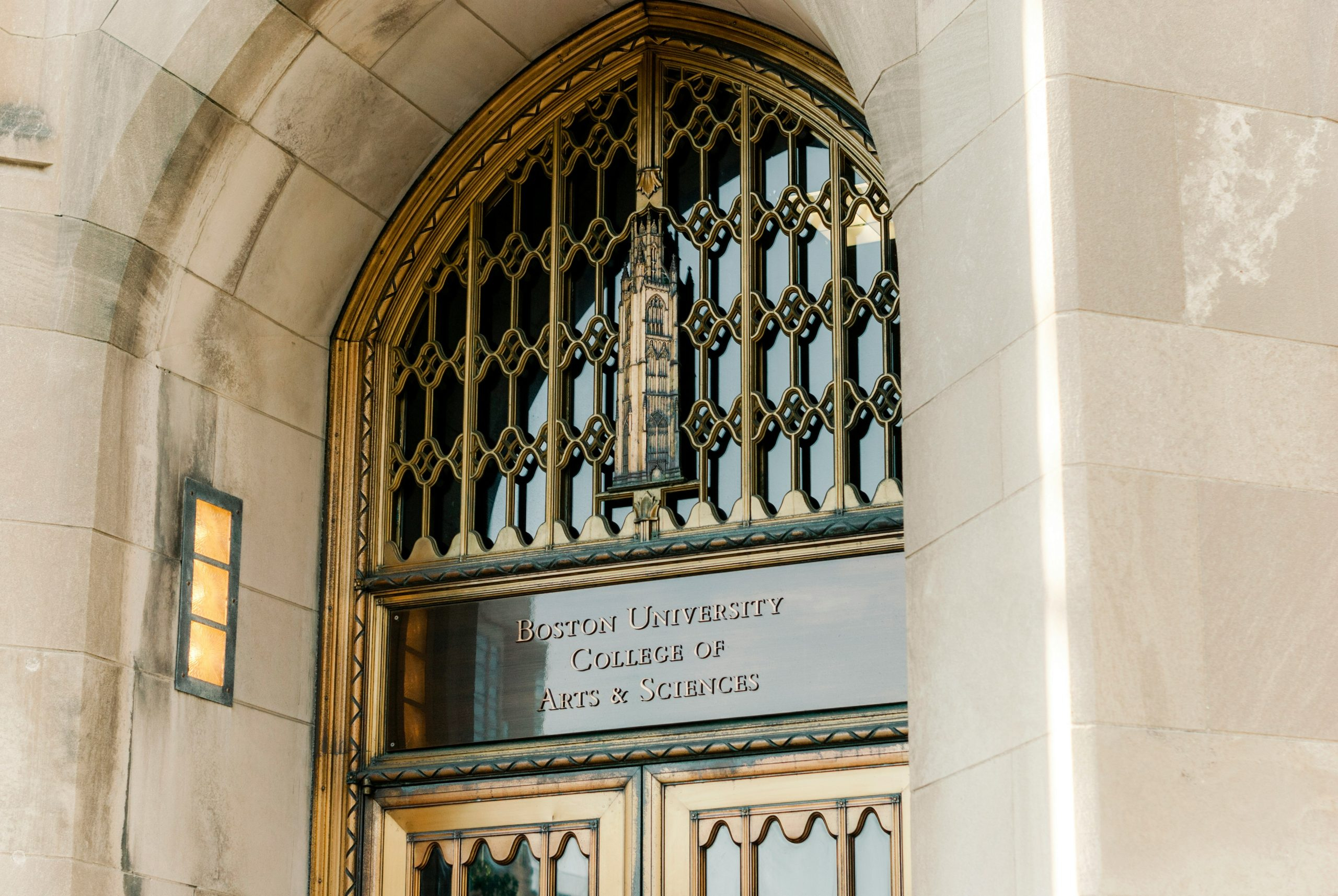Redefining policy reforms through higher education
In today’s fast-paced and constantly evolving world, education is considered to be the key to success. It is the driving force behind technological advancements, economic growth, and social progress. As countries strive for development and prosperity, policy reforms have become an essential part of their agenda. However, the question arises, how can education play a role in redefining policy reforms? The answer lies in higher education. Higher education, with its emphasis on critical thinking, research, and innovation, has the power to shape the future of a nation. In this article, we will explore the relationship between higher education and policy reforms and how it can lead to a brighter and more prosperous future.
The Evolution of Policy Reforms and Higher Education
In the past, policy reforms were primarily concerned with economic growth and stability. However, in recent years, the focus has shifted towards more comprehensive and inclusive policies that take into account social, environmental, and educational aspects. This shift towards a more holistic approach has led to the recognition of the crucial role that education plays in shaping a society.
Critical Thinking and Problem Solving
Higher education institutions are known for fostering critical thinking skills in their students. Through rigorous coursework, research projects, and discussions, students are exposed to various perspectives and learn to critically analyze and evaluate information. These skills are essential for policymakers as they are required to identify problems, analyze their root causes, and come up with effective solutions.
Research and Innovation
Higher education institutions are at the forefront of research and innovation. Through their extensive research projects, they contribute to the development of new ideas, technologies, and policies. These research findings can then be used by policymakers to design and implement effective policies that address current issues and anticipate future challenges.
Global Perspective
The world today is more interconnected than ever, and policy reforms need to take a global perspective. Higher education institutions, with their diverse student body and international collaborations, offer a global outlook to their students. This exposure to different cultures, ideas, and perspectives equips students with the necessary skills to understand global issues and contribute to policy reforms that have a positive impact on the international community.
The Impact of Higher Education on Policy Reforms
Higher education has a significant impact on policy reforms at both the local and national levels. Some of its major contributions include:
Economic Growth and Stability
Higher education has a direct impact on economic growth and stability. Through research and innovation, it contributes to the creation of new industries, employment opportunities, and technological advancements. It also leads to higher levels of human capital, which is vital for a country’s economic well-being.
Social Progress and Inclusive Policies
Higher education promotes social progress and inclusivity through its emphasis on diversity, equity, and inclusiveness. As students from different backgrounds come together, they learn to appreciate and respect different viewpoints, breaking down barriers and promoting harmony. This understanding of diversity is crucial for policymakers as they design policies that cater to the needs of all members of society.
Environmental Sustainability
The issue of environmental sustainability is a global concern, and higher education is playing a vital role in addressing it. Through research and innovation, higher education institutions are contributing to the development of sustainable solutions and policies that promote environmental conservation and reduce the impact of climate change.
Redefining Policy Reforms Through Higher Education
The relationship between policy reforms and higher education is a symbiotic one. While higher education has a significant influence on policy reforms, policy reforms also shape higher education. As policymakers recognize the importance of higher education, they invest in it and implement policies that promote its growth and development. This, in turn, leads to a more educated population, which is crucial for the success of policy reforms.
In conclusion, higher education plays a vital role in redefining policy reforms. Its emphasis on critical thinking, research, and innovation has a positive impact on policymaking and implementation. As countries strive for progress and development, they must recognize the importance of investing in higher education. Only by doing so can we hope to see real and sustainable change in our society.










